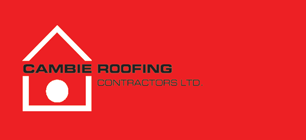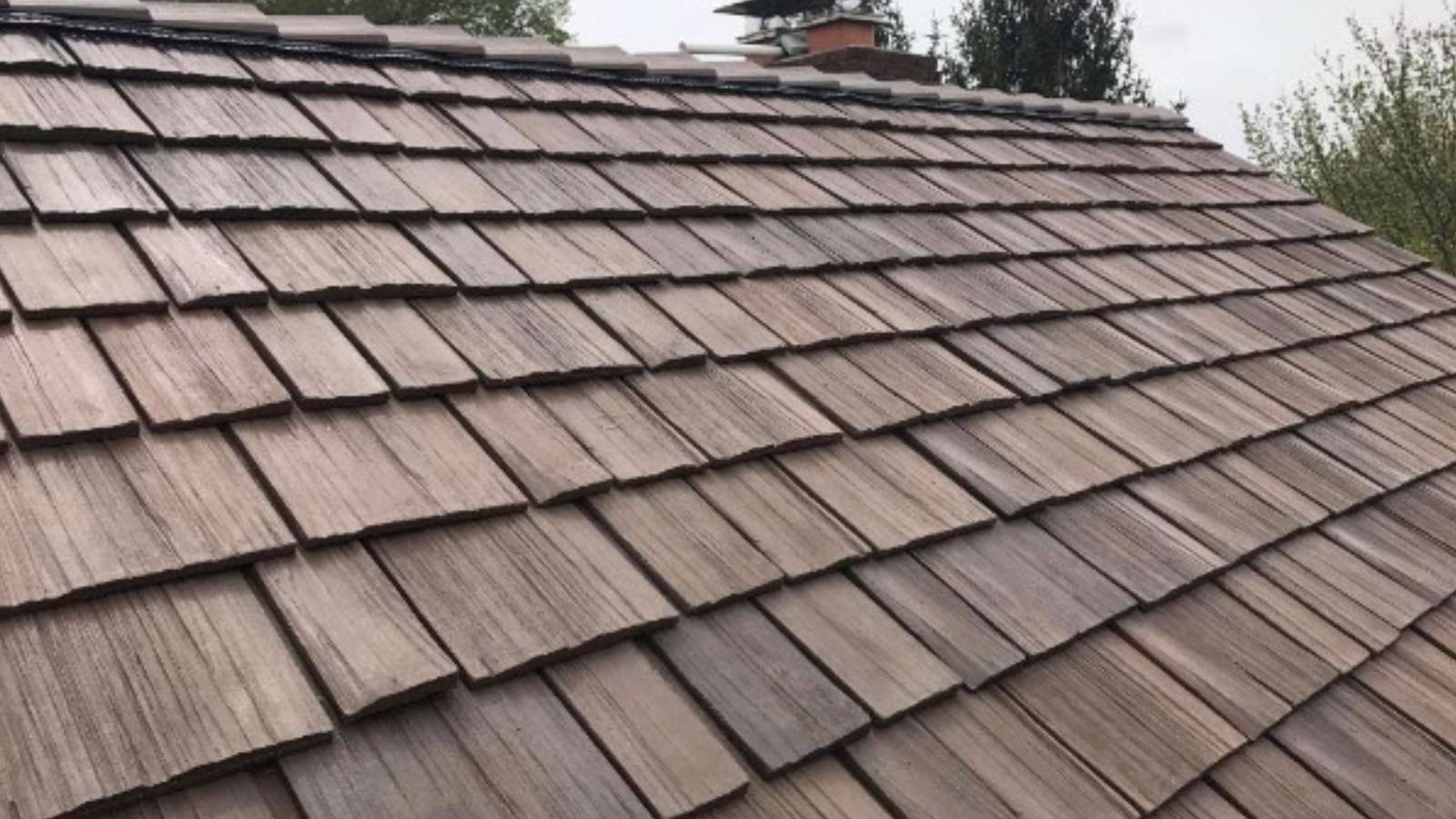In Vancouver, where rainfall conditions mean that homeowners need roofs with above average durability and waterproofing, cedar shakes continue to be a popular choice among homeowners. But what exactly are they, where do they come from, and how do they perform in our often-demanding climate?
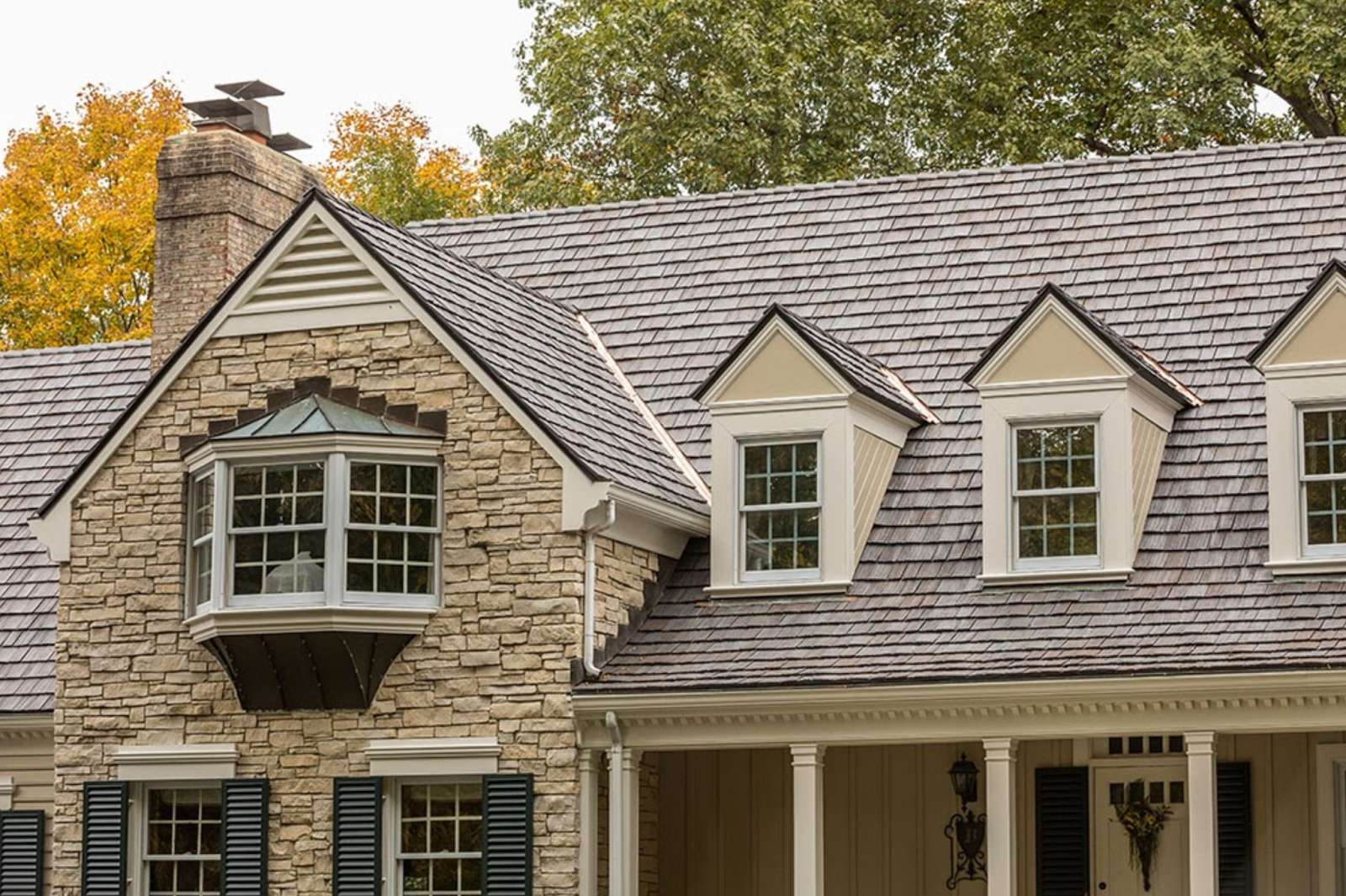
What Are Cedar Shakes?
Cedar shakes are a type of roof in which small pieces of cedar lumber are cut and attached to your roof to somewhat resemble shingles – even though cedar shakes and cedar shingles are not the same thing.
The difference? Cedar shakes are cut individually, meaning that a roof made of cedar shakes often showcases a custom-built, irregular look that’s hard to imitate due to the fact that each shake is often a different size. Cedar shingles, however, are milled more precisely and are meant to appear more unified.
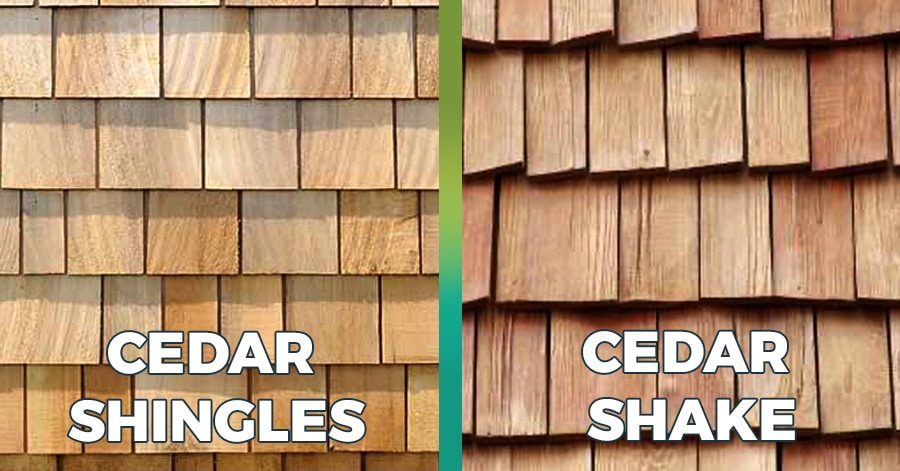
A Brief History
Cedar shakes are a staple of roofing (and siding) due to their durability, insulation properties, and their natural, woodsy aesthetic that suits our coastal rainforest climate all too well. Believe it or not, they’ve been used in North American roofing for literal centuries, with roots in early North American settlements wherein indigenous peoples and European settlers relied on the abundant forests of cedar for building materials and tools. The practice of splitting cedar logs into shakes and shingles dates back hundreds of years, particularly in regions rich with Western Red Cedar (such as the Pacific Northwest).
Cedar is popular because it is naturally resistant to decay, has an above-average capacity to withstand extreme weather conditions, and can take in water without rotting. So, as communities grew, the demand for cedar shakes increased, leading to the development of more refined production techniques. Even today, many traditional methods—such as hand-splitting—are still used, although modern sawmills have massively streamlined the process.
What Sets Cedar Shakes Apart?
While often used interchangeably with cedar shingles, cedar shakes have distinct characteristics that set them apart:
- Manufacturing Process: Cedar shakes are typically hand-split or sawed from cedar logs, creating a more rugged and textured surface compared to the uniform look of shingles, which are machine-cut.
- Thickness and Texture: Shakes tend to be thicker than shingles, with a more irregular and rustic appearance that adds depth and character to a roof.
- Durability: Because of their water resistance, thickness, and the way they are split, shakes often have better resistance to wind and impact than their shingle counterparts.
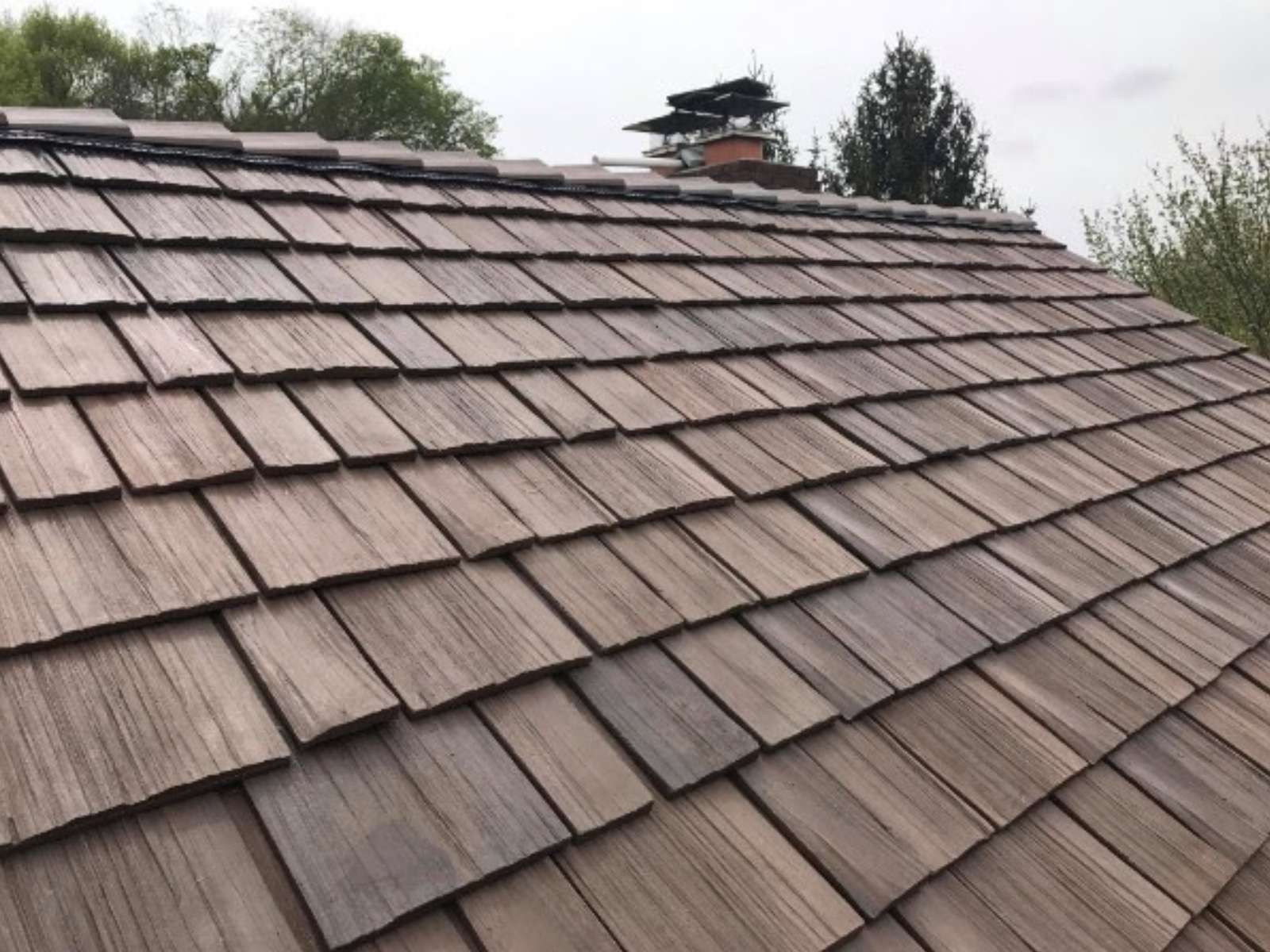
The Benefits of Cedar Shakes
Natural Beauty
One of the biggest benefits of cedar shakes is their visual appeal. Their rich, warm tones and texture give homes a classic, beautiful look that blends incredibly well with Vancouver’s natural surroundings.
Excellent Insulation
Cedar is a naturally insulating material, offering better energy efficiency compared to asphalt shingles. A cedar shake roof helps regulate indoor temperatures, keeping homes cooler in summer and warmer in winter.
Durability and Longevity
When properly maintained, cedar shake roofs can last 30 to 50 years. Their natural oils help resist moisture, decay, and insect damage, making them well-suited for the wet conditions of the Pacific Northwest.
Wind and Impact Resistant
The thickness and strength of cedar shakes provide excellent wind resistance, reducing the risk of roof damage during storms.
They Can Be Eco-Friendly
Cedar shakes are a renewable resource when sourced from sustainable forestry operations. Unlike asphalt shingles, which contribute significantly to landfill waste, cedar is biodegradable, making it a more environmentally responsible option overall.
The Cons of Cedar Shakes
Despite their advantages, cedar shakes are not without their own set of drawbacks.
High Initial Cost
Cedar shakes are expensive – more than most other roofing options, including asphalt shingles. The cost of materials and labor can be very steep, especially for high-quality, hand-split shakes. While their longevity does help offset this initial investment, the upfront price can be a big deterrent for some homeowners.
Maintenance Requirements
Cedar shake roofs require regular maintenance to remain in top condition. Without proper care, they can become susceptible to moss, mildew, and rot due to Vancouver’s damp climate. Regular cleaning, sealing, and periodic inspections are essential to prolong their lifespan. All that said, all roofs need maintenance, so you may consider this a small deterrent.
Fire Risk
Although cedar contains natural oils that offer some resistance to decay, it is still a wood product and inherently more flammable than other roofing materials. Fire-resistant treatments can mitigate this risk, but they add to the overall cost.
Susceptibility to Moisture Damage
Cedar’s greatest strength – its capacity to hold water – can also become a great weakness over time. Cedar shakes can soak up water like a sponge, which means they can be affected by prolonged exposure to rain and humidity. Without adequate ventilation and maintenance, cedar shakes may warp, crack, or develop mold over time.
Sustainability Concerns
As demand for sustainable building materials grows, so too have concerns about overharvesting and the environmental impact of cedar logging. Homeowners should make sure that their cedar shakes come from certified sustainable sources to minimize ecological harm.
Synthetic Alternatives
With advancements in roofing technology, synthetic alternatives to cedar shakes have emerged. These materials mimic the look of natural cedar while offering greater durability, fire resistance, and lower maintenance requirements. For Vancouver homeowners who love the aesthetic of cedar shakes but are concerned about upkeep, synthetic roofing materials may provide a viable alternative.
Is a Cedar Shake Roof Right for You?
Cedar shake roofing offers a unique combination of beauty, durability, and eco-friendliness that appeals to many homeowners. However, the high cost and maintenance requirements may not be ideal for everyone.
If you are considering cedar shakes for your home, give us a call! We’d love to help you weigh the benefits and challenges to determine whether this classic material is the best fit for your needs.
